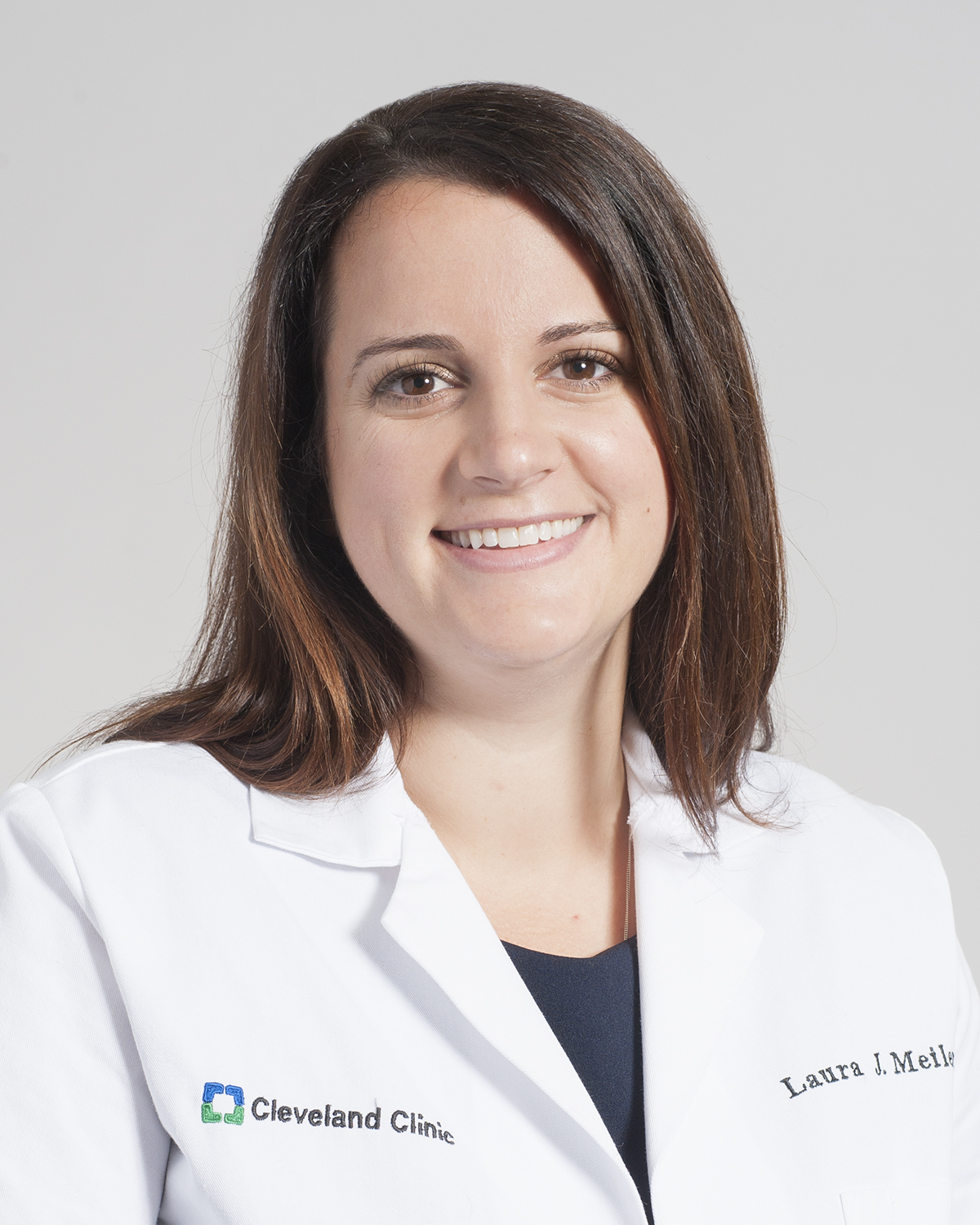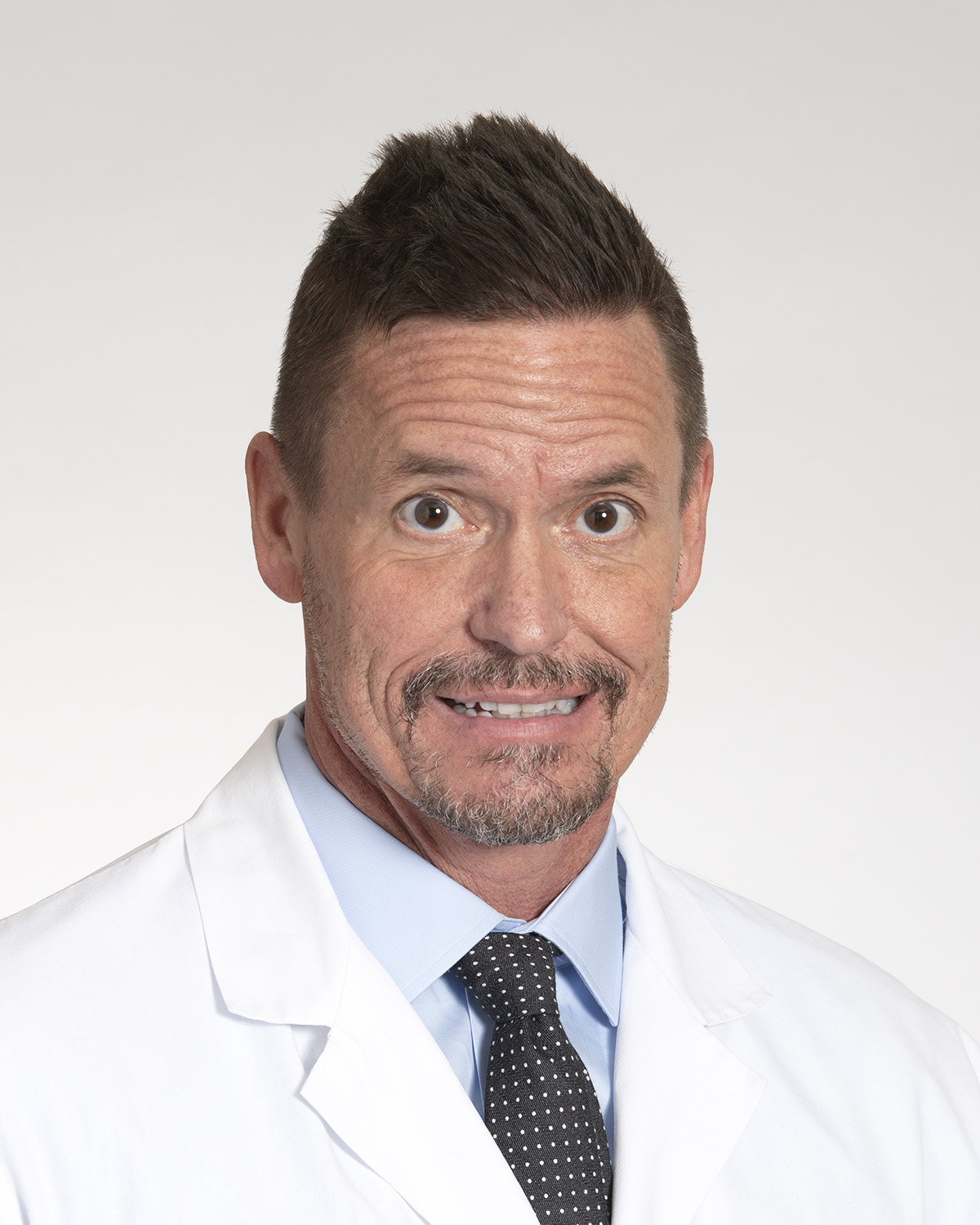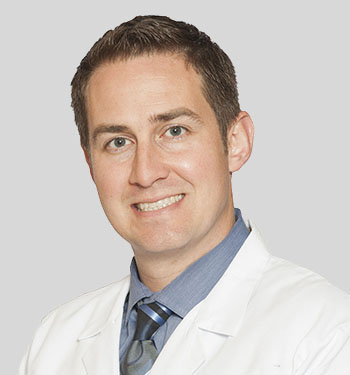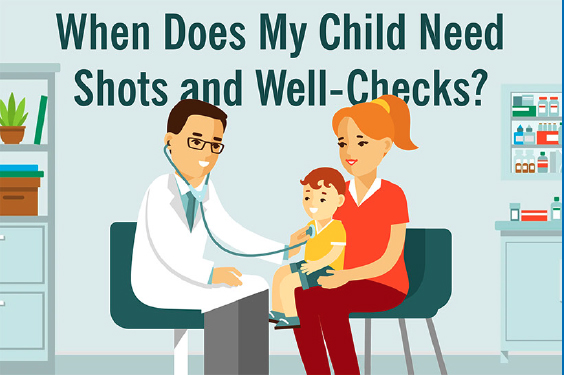From traditional surgery procedures to advanced minimally invasive surgeries, trust Union Hospital for all your surgical needs.
General Surgery
“We see a wide variety of patients. Some of them may never require a surgical procedure, but when they do, we have all the resources they need close to home. The patients we treat are our friends and neighbors,” says Laura Meiler, DO, a general surgeon who treats patients at Cleveland Clinic Union Hospital.
“Part of the reason I chose to practice at Union is the ability it gives me to build continuity with patients,” adds Dr. Meiler. “By and large, my patients come to me for one problem, and may return for other issues or refer their family members and friends.”
Common health issues that can lead to the need for surgery include gallstones, hernias, thyroid and colon cancer.
Gallbladder Surgery
According to Dr. Fatchikova, gallbladder surgery is one of the most common, and is done to treat patients who have gallstones that are causing pain. Often an elective procedure, it’s usually done on an outpatient basis using laparoscopy, a minimally invasive technique. “If you’re having recurrent symptoms – pain in the upper right quadrant of the abdomen, accompanied by nausea and vomiting – you should come in to be evaluated. Acute cholecystitis or inflammation of the gallbladder is a more challenging condition with added risk for complications,” she says.
Appendectomy
Appendicitis occurs if your appendix becomes inflamed or infected and requires immediate treatment. Almost all appendix surgeries are performed laparoscopically.
Gallbladder Surgery
According to Dr. Fatchikova, gallbladder surgery is one of the most common, and is done to treat patients who have gallstones that are causing pain. Often an elective procedure, it’s usually done on an outpatient basis using laparoscopy, a minimally invasive technique. “If you’re having recurrent symptoms – pain in the upper right quadrant of the abdomen, accompanied by nausea and vomiting – you should come in to be evaluated. Acute cholecystitis or inflammation of the gallbladder is a more challenging condition with added risk for complications,” she says.
Appendectomy
Appendicitis occurs if your appendix becomes inflamed or infected and requires immediate treatment. Almost all appendix surgeries are performed laparoscopically.
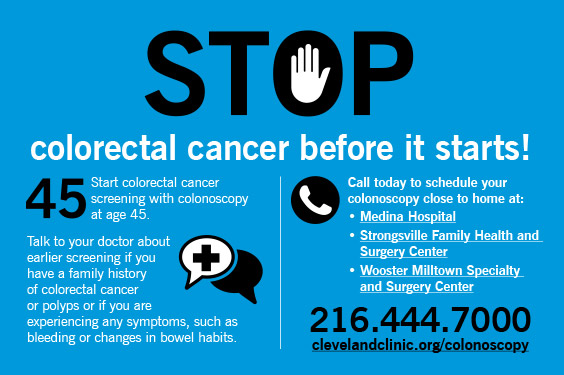
Colonoscopies
“You can’t prevent breast, lung or brain cancer in the same way,” says Dr. Christiansen. “You can’t take precancerous polyps off any of those organs like you can with the large intestine.”
Colorectal cancer occurs when the cells that line the colon or the rectum become abnormal and grow out of control and polyps develop. Because symptoms often do not appear until the cancer is advanced, it is important to have regular colorectal cancer screenings (colonoscopies).
Many people put off the procedure because they are anxious about the bowel prep required prior to a colonoscopy or worry about discomfort during the procedure. However, bowel preps have become easier and most patients are very comfortable and most have no recollection of the procedure.
General surgeons perform colonoscopies and also remove polyps discovered during the procedure. “Simple stool tests can help detect colon cancer, but they can’t remove it if something is found. There is no better option these days than colonoscopy,” says Dr. Christiansen.
Part of the reason I chose to practice at Union is the ability it gives me to build continuity with patients.
Laura Meiler, DO
Gallbladder Surgery
According to Dr. Meiler, gallbladder surgery is one of the most common, and is done to treat patients who have gallstones that are causing pain. Often an elective procedure, it’s usually done on an outpatient basis using laparoscopy, a minimally invasive technique. “If you’re having recurrent symptoms – pain in the upper right quadrant of the abdomen, accompanied by nausea and vomiting – you should come in to be evaluated. Acute cholecystitis or inflammation of the gallbladder is a more challenging condition with added risk for complications,” she says.
Hernia Repair
When an internal organ pushes through a weak spot in your muscle or tissue, a hernia is formed. Depending on the size and complexity, surgical repair of groin, umbilical and other abdominal wall hernias can be done using minimally invasive or traditional open surgery techniques.
Colonoscopies
More than 130,000 people were diagnosed with colorectal cancer in 2020 — and that’s just in the United States. That’s a lot of people. What may surprise you even further is that colorectal cancer is actually preventable.
“With regular colorectal cancer screenings, we can find and remove precancerous polyps before they become cancer,” says Dr. Levitt.
Thyroid Surgery
The most common type of surgery associated with thyroid conditions is a thyroidectomy which is the surgical removal of the thyroid gland. Surgeons may remove the entire thyroid, known as total thyroidectomy, or part of the thyroid which is called a partial thyroidectomy. The surgical approach depends on the patient’s diagnosis and condition.
According to Joseph Zemis, MD, a general surgeon at Union Hospital, most thyroid cancers are highly curable and thyroidectomy is the first-line of treatment for thyroid cancer. Thyroidectomy is also one of the treatment options for certain thyroid conditions, including:
- Thyroid nodules: A thyroid nodule is a growth (lump) of thyroid cells in your thyroid gland. Thyroid nodules are usually benign (noncancerous), but they can be malignant (cancerous).
- Goiter: Goiter is an enlarged thyroid gland with or without thyroid nodules. If it grows large enough, it can put pressure on your trachea or food pipe (esophagus) and make it more difficult to breathe and swallow.
- Hyperthyroidism: Hyperthyroidism (overactive thyroid) is a condition in which your thyroid creates and releases more hormones than you need. It has several causes, and surgery is one of the treatment options for this condition.

Medical referrals aren’t necessary and virtual appointments are available for many services offered through Integrative and Lifestyle Medicine. Most insurance companies cover Integrative and Lifestyle Medicine care, but check with your provider about your coverage.

